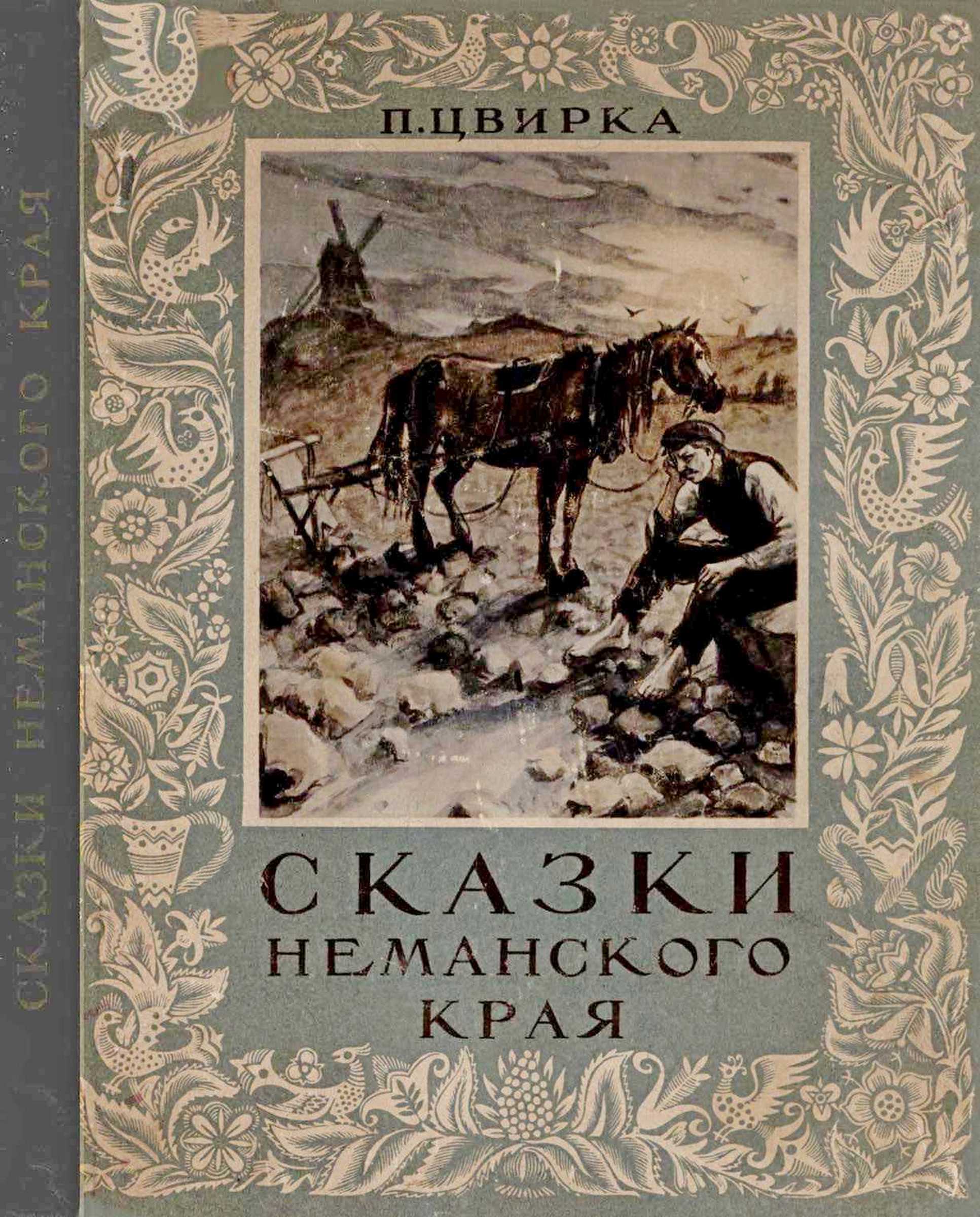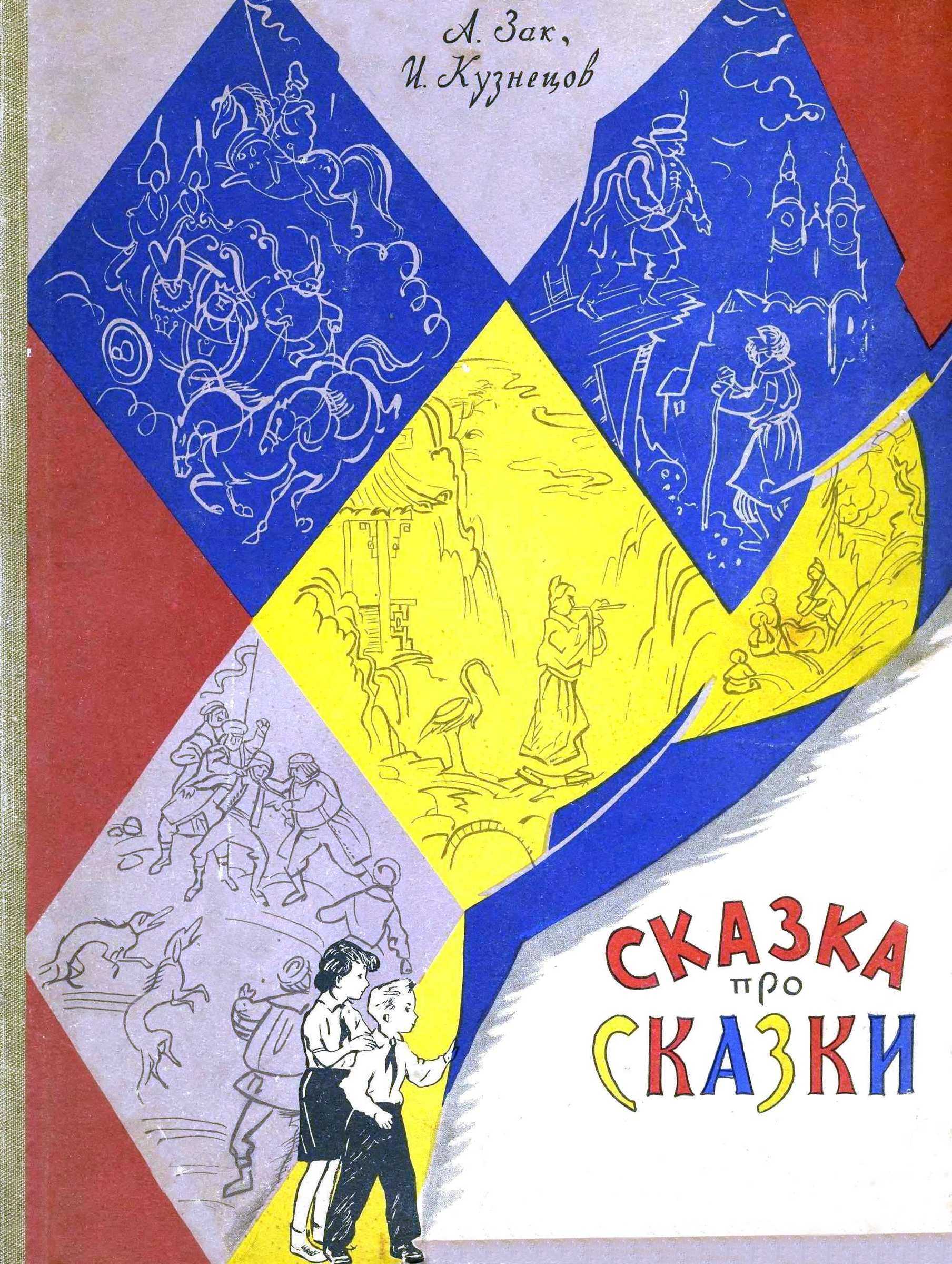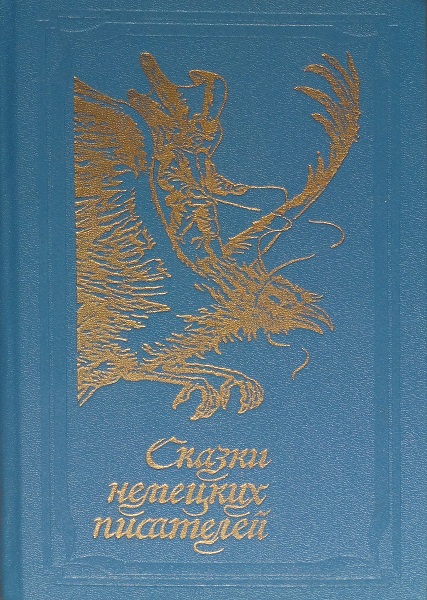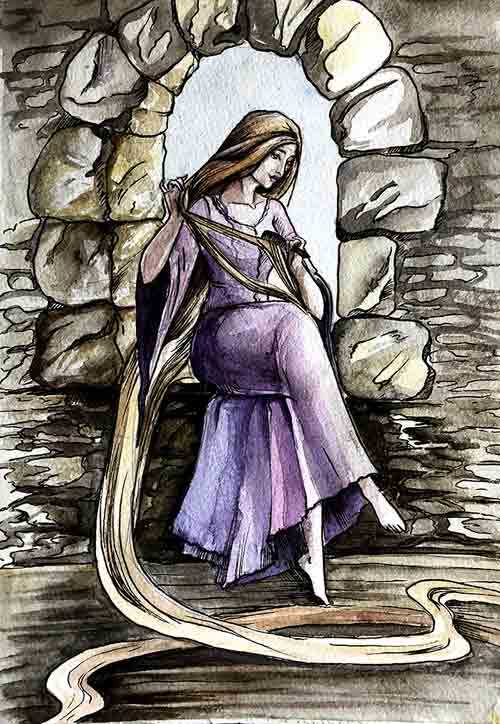class="p">412 Jackson knew that there was a moment: Robert Lewis Dabney, Life and Campaigns of Lieut. General Thomas J. Jackson (New York: Blelock, 1866), 500.
412 Undeterred, Jackson unfastened: Ibid., 501.
412 These may not have been: Ibid.
412 “his blood was up”: Ibid., 502.
413 “as if the troops were preparing”: Robertson, Stonewall Jackson, 538.
414 He and his staff: Emory Thomas, Robert E. Lee (New York: Norton, 1995), 250.
414 In her book about the Lee daughters: Mary P. Coulling, The Lee Girls (Winston-Salem, N.C.: Blair, 1987), 105.
415 “He was the same loving father”: Robert E. Lee, Recollections and Letters of Robert E. Lee (Garden City, N.Y.: Doubleday, Page, 1924), 74.
415 Mrs. Lee cannot have been cheered: Coulling, The Lee Girls, 112, 105.
415 War had scarcely touched Hickory Hill: Ibid., 206.
416 Lee himself was in favor: Robertson, Stonewall Jackson, 540–1.
416 groaning “most audibly”: Ibid., 541.
416 “it is all-important that our movement”: War of the Rebellion, Official Records of the Union and Confederate Armies, Series I, Vol. XI, Part III (Washington, D.C.: U.S. Government Printing Office, 1884), 676.
416 On the peninsula the terrain: Freeman, Robert E. Lee, Vol. 2, 279.
417 Pope had incautiously allowed: Ibid., 280.
418 Stuart had ordered: Ibid., 284; Wert, Cavalryman of the Lost Cause, 123–24.
419 Longstreet censured him: James Longstreet, From Manassas to Appomattox: Memoirs of the Civil War in America (Bloomington: Indiana University Press, 1960), 159.
420 “clatter of hooves”: Freeman, Robert E. Lee, Vol. 2, 284.
420 Lee and Longstreet rode together: Longstreet, From Manassas to Appomattox, 131; Freeman, Robert E. Lee, Vol. 2, 287, n35.
421 Early on the morning of August 20: Wert, Cavalryman of the Lost Cause, 126.
421 Stuart did not arrive at Cattlett’s Station: Ibid., 127–28.
421 Stuart cut telegraph lines: Ibid., 128.
422 “by rushing out the rear of his tent”: Reverend J. William Jones, Life and Letters of Robert E. Lee: Soldier and Man (New York: Neale, 1906), 192.
422 “I am sorry he is in such bad company”: Ibid.
422 The heavy rain raised: Wert, Cavalryman of the Lost Cause, 128.
423 “The army is not properly”: Robert E. Lee to Jefferson Davis, September 3, 1862, Papers of Jefferson Davis, Lynda Lasswell Crist, ed. (Baton Rouge: Louisiana State University Press, 1995), Vol. 8, 373.
424 “Lee was no grand-strategist”: J. F. C. Fuller, Grant and Lee: A Study in Personality and Generalship (New York: Scribner, 1933), 126.
424 When Fuller writes: Jones, Life and Letters of Robert E. Lee, 118; Fuller, Grant and Lee, 97.
425 “lack of thunder”: Fuller, Grant and Lee, 125.
425 True, paperwork exhausted and irritated him: Walter Herron Taylor, General Lee: His Campaigns in Virginia, 1861–1865 (Lincoln: University of Nebraska Press, 1994), 25.
428 Their hostess, Mrs. Marshall: A. L. Long, Memoirs of Robert E. Lee (New York: J. M. Stoddard, 1886), 116.
428 Other generals might have: Taylor, General Lee: His Campaigns in Virginia, 157–58.
429 Lee “would have been better off”: Ibid., 158.
429 On the other hand: Long, Memoirs of Robert E. Lee, 116.
429 “they drank dry”: Freeman, Robert E. Lee, Vol. 2, 309.
429 There was none, however: Long, Memoirs of Robert E. Lee, 116.
430 Early the next morning: Ibid., 117; Freeman, Robert E. Lee, Vol. 2, 309.
431 This began a day: Robertson, Stonewall Jackson, 554.
431 “bulging freight cars”: Ibid., 556.
431 Jackson moved his troops: Long, Memoirs of Robert E. Lee, 507.
431 “If you are prompt”: Emory Upton, Military Policy of the United States (Washington, D.C.: U.S. Government Printing Office, 1917), 334.
432 Lee’s vanguard reached: Long, Memoirs of Robert E. Lee, 117.
432 Longstreet, displaying a lyrical gift: Longstreet, From Manassas to Appomattox, 141.
432 “this meal was partaken of”: Long, Memoirs of Robert E. Lee, 117.
433 “a tactical error”: Ibid., 118.
433 It was odd that neither: Esposito, The West Point Atlas of American Wars, text accompanying map 60.
434 It was less than fifteen miles: Robertson, Stonewall Jackson, 559.
435 Hearing this, Jackson relaxed a bit: Ibid., 560.
435 He shook hands with the courier: Ibid.
436 As Brigadier General Rufus King’s Union division approached Groveton: Ibid., 561.
436 He got only about 6,000 men: Wikipedia, “Battle of Groveton,” 6.
437 a bloody “stalemate”: Ibid., 5.
437 “effusion of blood”: Grant to Lee, April 7, 1865, L. T. Remlap, Grant and His Desscriptive Account of His Tour Around the World (New York: Hurst, 1885), Vol. 1, 177.
437 “his ear to the ground”: Robertson, Stonewall Jackson, 563.
438 McClellan was in Washington: Stephen W. Sears, George B. McClellan: The Young Napoleon (New York: Ticknor and Fields, 1988), 252.
438 “that fool Pope”: Ibid., 253–54.
438 Jackson spent the night: Robertson, Stonewall Jackson, 564.
439 By 10 a.m. the Federal forces: Ibid., 565.
439 By midmorning on August 29: Freeman, Robert E. Lee, Vol. 2, 322.
439 He had already performed: Fuller, Grant and Lee, 164.
439 Lee rode forward to survey the scene: Thomas, Robert E. Lee, 253.
440 “a masterpiece of contradiction”: John J. Hennessey, Return to Bull Run: The Campaign and Battle of Second Manassas (Norman: University of Oklahoma Press, 1999), 232.
440 Throughout the late morning: Robertson, Stonewall Jackson, 566.
443 “General Lee was inclined”: Longstreet, From Manassas to Appomattox, 147.
444 Lee’s aide, Colonel Long: Taylor, General Lee: His Campaigns in Virginia, 107.
444 “The question will naturally arise”: Ibid.
444 “even though his martial instinct”: Freeman, Robert E. Lee, Vol. 2, 322.
446 “You must know our circumstances”: Ibid., 347.
446 During all this time: Ibid., 325.
446 As darkness fell: Ibid., 328.
446 Even The West Point Atlas: Esposito, The West Point Atlas of American Wars, text accompanying map 62.
447 If Pope did not attack: Freeman, Robert E. Lee, Vol. 2, 330.
448 Six hundred yards away: Robertson, Stonewall Jackson, 572.
448 “the opposing flags”: Freeman, Robert E. Lee, Vol. 2, 351.
448 Even for Jackson’s battle-hardened veterans: Robertson, Stonewall
























